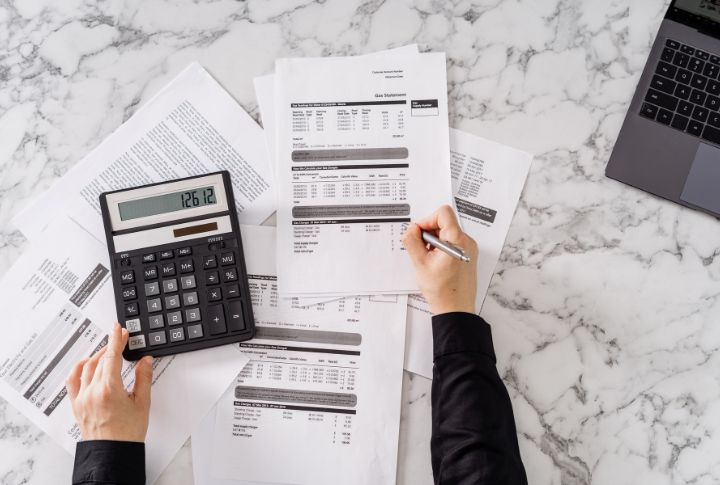
Managing finances can feel like a puzzle when your paycheck doesn’t show up on the same date every month. With a few smart moves and some planning, keeping your budget on track becomes a breeze—even when payday keeps you guessing. Here’s how to keep your finances in check, no matter when that money drops into your account.
List All Your Bills and Expenses

Budgeting begins when you know where all your money is going. Start by jotting down every bill and expense, from rent and utilities to groceries and those sneaky subscriptions. Note due dates and amounts, even if you’re guessing on some. When everything is laid out, it gives you a clear view of what’s coming your way.
Prioritize Essential Spendings

When your salary comes in randomly, it’s critical to figure out what’s most important to pay first. Focus on the big stuff, such as rent, utilities, and groceries. Adjustments can be made to things like entertainment or dining out. By staying focused on your priorities, you’ll cover the essentials, which allows you to stay calm even if payday arrives late or smaller than expected.
Track Your Income and Spending

Track both your income and what you spend. Whether it’s an app or a basic spreadsheet, ensure you record every dollar that comes in and goes out. This habit helps you notice spending trends and make tweaks as needed. When salaries vary, a clear record of your funds lets you make intelligent choices about cutting back or money management.
Create a Buffer Fund

Having a buffer fund is like giving yourself a financial safety net for those times when wage day plays hide and seek. Start by putting aside a bit from each paycheck until you’ve built a nice cushion. Knowing you have a backup plan if your income doesn’t show up on time can help you sleep more easily.
Use a Zero-Based Budget

A zero-based budget is an excellent management tool. The idea is to assign each dollar a job so your income matches your costs. It makes you think carefully about where your money goes and keeps you from overspending. By budgeting down to zero, you can maximize your paycheck, regardless of when it arrives.
Plan for Variable Expenditures

Certain bills, such as utilities or groceries, can be unpredictable. Instead of stressing about it, estimate these costs as being on the higher side. If you plan for the maximum possible expense, there’s less chance of being blindsided by a higher-than-usual bill. This way, you’ll stay on top of your budget even with a fluctuating salary or payment day.
Automate Where Possible

Set up automatic savings or bill payment transfers so you don’t accidentally forget or delay anything. Even with varying income, automating your payments helps you stay disciplined and avoid unnecessary fees or missed savings opportunities. In turn, you can focus on other aspects of your life worry-free.
Reevaluate Weekly

It’s super important to make it a habit to check in on your budget regularly, especially when income fluctuates. Each week, look at your budget, compare it to what you spent, and tweak things if needed. This routine assists you in catching any issues early and allows you to make changes before they become more significant problems.
Consider Multiple Bank Accounts

Separate bank accounts can streamline your monetary management. Try setting up one account for bills, another for savings, and a third for fun spending. By keeping your funds separate, you can see exactly where your money is going, which helps you stick to your budget even if the pay date isn’t predictable.
Find Extra Income Sources

Think about taking on a side hustle, freelancing, or selling items you no longer need. These extra earnings can fill in the gaps when your regular income falls short or gets delayed. It will make it easier to meet your financial obligations without too much stress.

Comments
Loading…